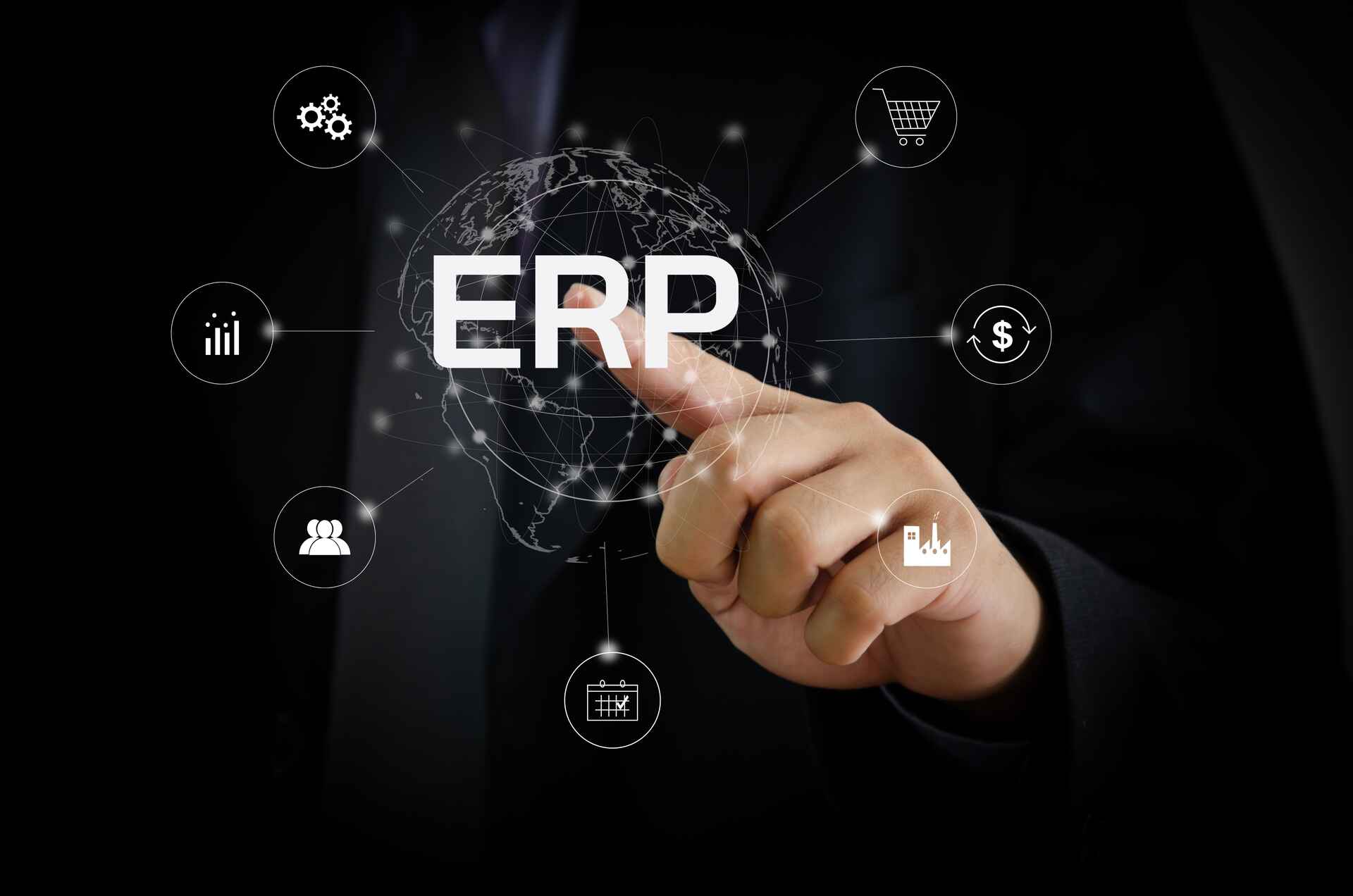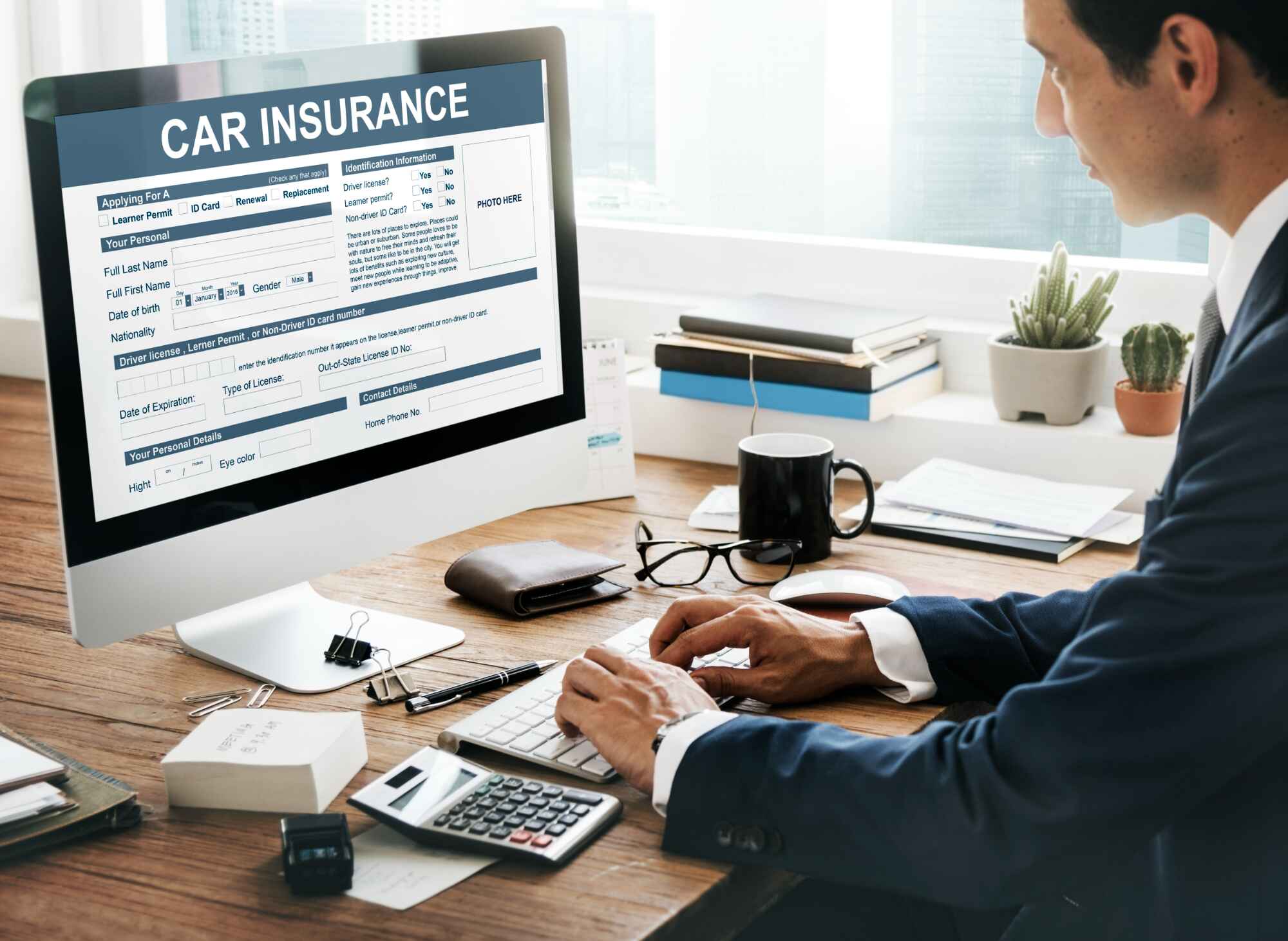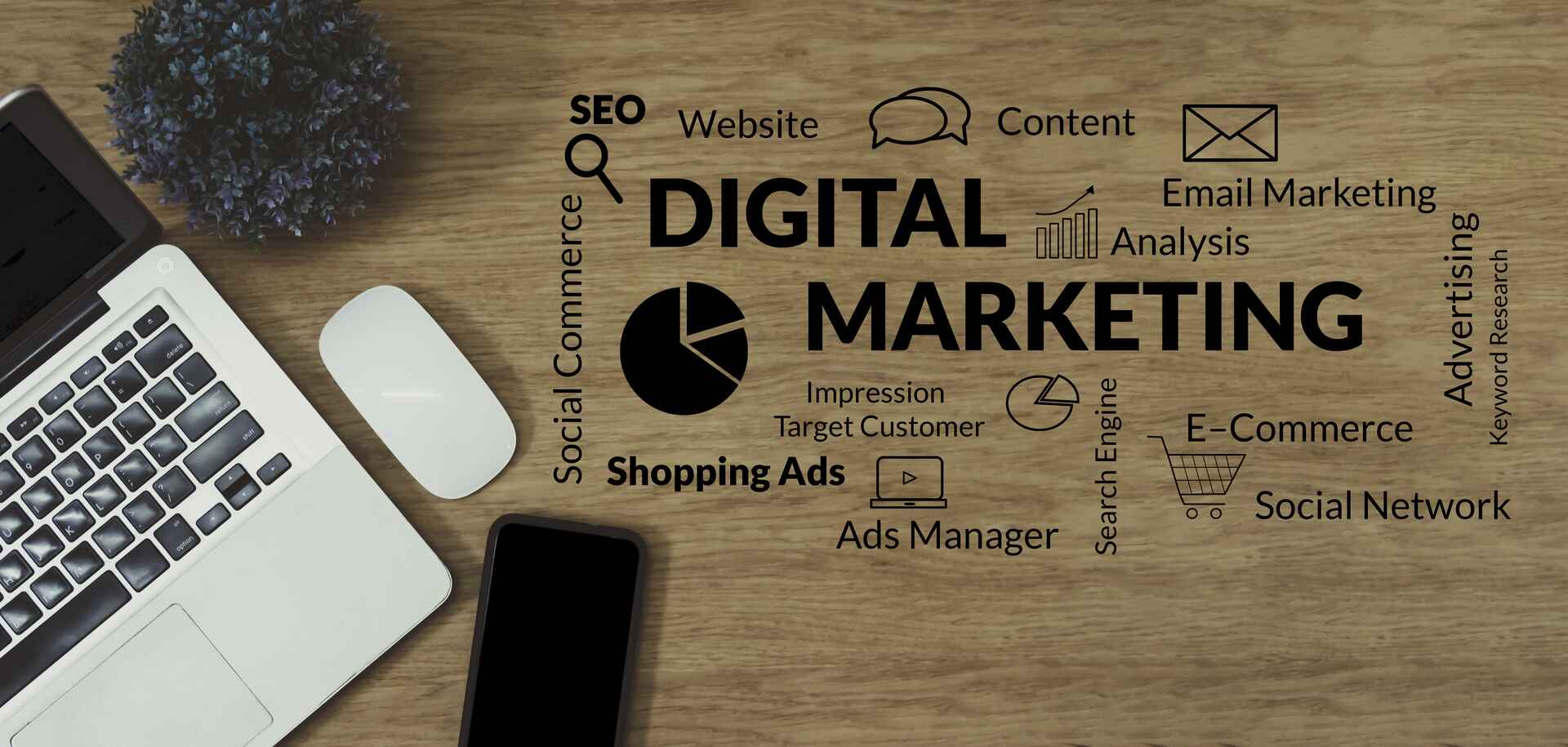In today’s fast-moving business world, having the right Enterprise Resource Planning System (ERP) can make all the difference. From manufacturing and retail to healthcare, education, and construction, each industry has unique needs that demand tailored ERP solutions to boost efficiency and streamline operations.
But how do you choose the best Enterprise Resource Planning System (ERP) for your industry? In this article, we’ll explore essential ERP features for different sectors, explain why a customised approach matters, and dive into inspiring success stories. Whether you’re in Malaysia or beyond, finding the right ERP can transform your business.
1. Why Industry-Specific ERP Matters
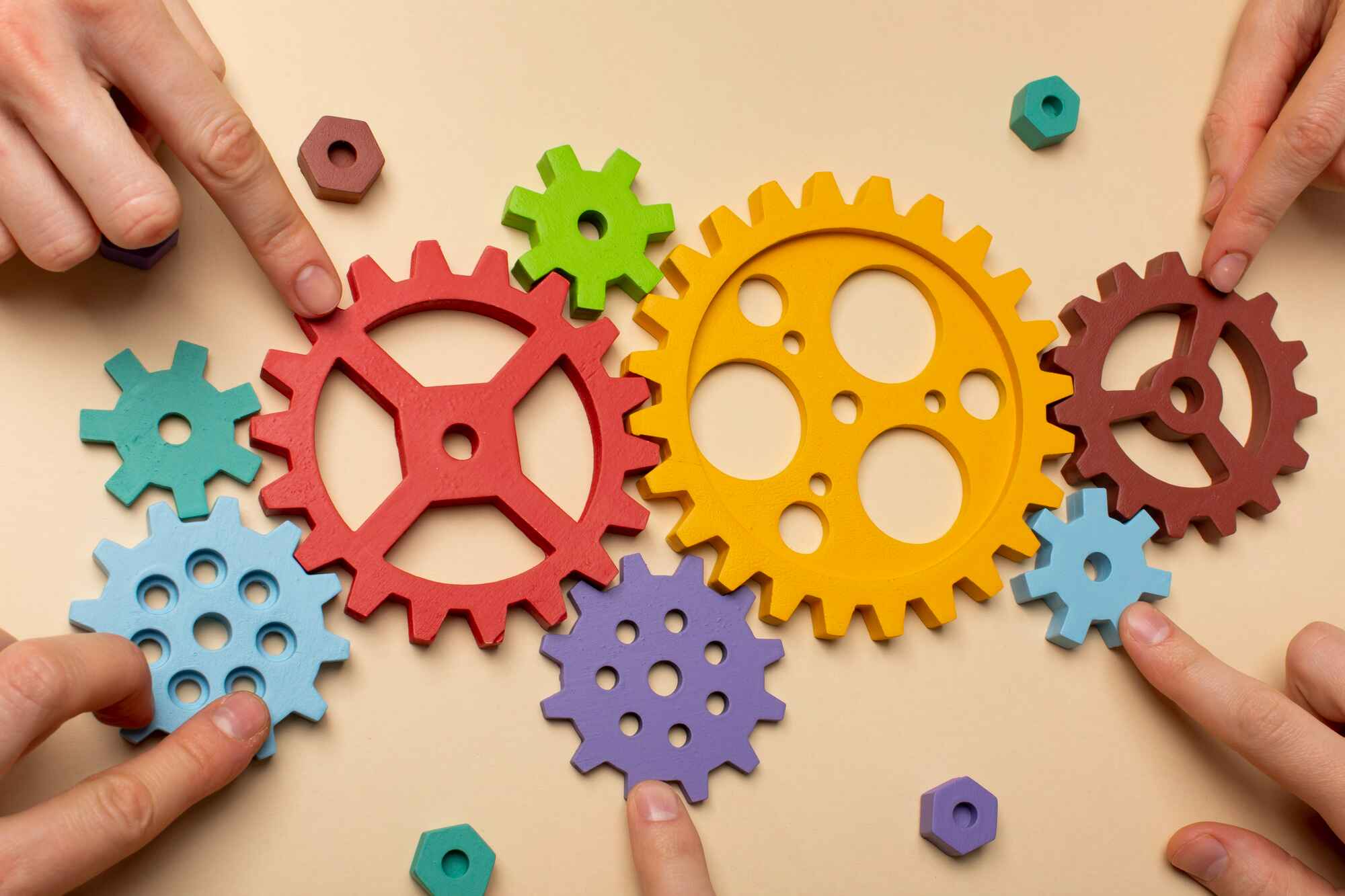
When it comes to selecting an Enterprise Resource Planning System, one size doesn’t fit all. Different industries have unique workflows, regulations, and customer needs, making an industry-specific ERP critical for smooth operations and enhanced productivity. Let’s explore why choosing the right ERP tailored to your industry can set you up for success.
Understanding Core Industry Needs
Each industry has specific functions that a generic ERP may not fully support. Manufacturing, for example, needs detailed production planning, while retail demands robust inventory tracking. A specialised ERP system can streamline processes to meet these essential needs more effectively, making daily operations faster and easier.
Supporting Compliance and Standards
In Malaysia and Singapore, industries like healthcare and education have strict regulatory requirements. An industry-specific ERP helps you stay compliant with these standards, avoiding costly fines and operational disruptions. By automatically handling compliance requirements, these ERPs help you focus on other business priorities with peace of mind.
Increasing Team Efficiency
Using an ERP tailored to your sector means workflows and interfaces that your team understands from day one. When employees can easily navigate their software, it enhances productivity and minimises errors. This familiarity reduces the need for extensive training, saving both time and money.
Seamless Integration with Existing Tools
Industry-specific ERPs are built to integrate seamlessly with popular tools and technologies in that field. For example, in construction, project management software is crucial, while retail relies on point-of-sale systems. With an ERP designed for your sector, integrations become smoother, eliminating data silos and enhancing real-time data access.
Future-Proofing for Scalability
Every industry experiences growth and technological change, and your ERP should be ready for that. A sector-focused ERP is generally built with these evolutions in mind, allowing you to scale your operations without the need for a complete system overhaul. This adaptability ensures long-term business resilience.
2. ERP for Manufacturing Industry: Essentials Features

For the manufacturing sector, an Enterprise Resource Planning System isn’t just a tool; it’s a backbone for production and supply chain management. The right ERP will streamline everything from inventory management to production scheduling. Let’s look at the essential features a manufacturing ERP must have.
Real-Time Inventory Tracking
In manufacturing, maintaining the right inventory levels is crucial. An ERP with live inventory tracking ensures you never overstock or understock, helping you manage resources efficiently. It provides instant visibility into current stock, making inventory checks faster and reducing wastage significantly.
Production Planning and Scheduling
Manufacturing involves precise scheduling, from production lines to staff shifts. A good ERP for manufacturing supports dynamic scheduling to help you manage resources, avoid bottlenecks, and meet production deadlines. It ensures everything runs smoothly, so your team can focus on what matters: delivering quality products on time.
Quality Control and Compliance
With manufacturing standards becoming increasingly strict in Malaysia, a reliable manufacturing ERP system should comes with built-in quality control features. These tools let you conduct regular inspections, track defect rates, and stay compliant with industry standards. Such features improve product quality and help avoid costly penalties due to non-compliance.
Supply Chain Management
Managing suppliers and logistics is integral to manufacturing success. An ERP with supply chain management tools offers visibility across your entire network, from raw material procurement to finished product delivery. This transparency improves collaboration and minimises delays in the production process.
Analytics and Reporting
Making data-driven decisions is crucial in a competitive market. A manufacturing ERP with advanced analytics gives you insights into production rates, cost efficiency, and performance metrics. By using these insights, you can optimise workflows, cut costs, and improve overall productivity.
3. ERP for Retail – Inventory & Sales Tracking

Retail is fast-paced and customer-focused, making a specialised Enterprise Resource Planning System crucial for staying on top of everything from stock to sales analytics. Let’s dive into the core ERP features that retail businesses in Malaysia and Singapore need to thrive.
Real-Time Inventory Management
Retail demands accurate and immediate visibility into inventory. An ERP system that tracks real-time stock across multiple stores or online platforms helps avoid both stockouts and overstock. This way, you can easily monitor and restock items, ensuring your shelves are always stocked for customers.
Sales and Revenue Tracking
Keeping track of sales across various locations and channels can be complex. An ERP system designed for retail centralises these sales records, giving you a clear picture of which products perform best. With this data, you can make smarter purchasing decisions and adjust strategies to boost revenue.
Customer Relationship Management (CRM)
A retail ERP with CRM tools helps you better understand and engage your customers. By tracking purchasing habits, preferences, and feedback, the ERP can help you tailor promotions and loyalty programs to specific customer segments, enhancing customer retention and driving repeat sales.
Streamlined Checkout and POS Integration
An ERP that integrates smoothly with your Point of Sale (POS) systems means faster, more efficient payment counters. This integration reduces errors and ensures real-time updates to your inventory after every sale, creating a seamless experience for both staff and customers.
Data-Driven Marketing Insights
Retail is all about knowing your market trends. An ERP with data analytics helps you uncover seasonal trends and buying patterns, allowing you to create targeted marketing campaigns. With these insights, you can stay ahead of competitors by meeting customer demands more effectively.
4. Service Industry ERP – Scheduling & CRM

For service-oriented businesses, efficient scheduling and customer relationship management are vital. The right Enterprise Resource Planning System for the service industry can simplify these processes, enhancing productivity and customer satisfaction. Here’s what a service ERP should offer.
Appointment Scheduling and Resource Allocation
Service-based businesses often rely on booking schedules and resource availability. A specialised ERP can automatically schedule appointments and assign resources, reducing manual booking errors and ensuring customers receive timely service. This feature streamlines operations, saving time for both clients and staff.
Advanced Customer Relationship Management (CRM)
In the service sector, long-term relationships drive business. An ERP with robust CRM tools helps you track client history, preferences, and feedback, allowing for more personalised service. Enhanced CRM can lead to improved customer satisfaction and higher retention rates.
Billing and Invoicing Automation
Handling payments and invoices is time-consuming. An ERP tailored for services can automate invoicing, track payments, and manage accounts. This streamlined financial management reduces manual work and helps avoid billing errors, allowing you to focus on delivering excellent customer experiences.
Performance Metrics and Reporting
To run a successful service business, tracking performance is essential. An ERP with built-in reporting tools provides insights into service times, customer satisfaction, and operational costs. With this data, managers can refine their processes and allocate resources more effectively.
Employee Management Tools
Efficient employee scheduling and management can make a huge difference. An ERP for service businesses includes tools for managing work schedules, leaves, and payroll, helping you maintain an organised and productive workforce. This feature also ensures that you have the right people available when customers need them.
5. ERP for Healthcare – Compliance and Data Security

In healthcare, compliance and data security are paramount. A reliable Enterprise Resource Planning System ensures patient data protection while simplifying regulatory compliance. Let’s explore essential ERP features that healthcare providers in Malaysia and Singapore can benefit from.
Data Security and Compliance
Healthcare providers handle sensitive information that requires strict confidentiality. An ERP system with built-in data encryption and compliance with Malaysian PDPA or Singapore PDPA guidelines ensures patient data is protected and meets regulatory standards.
Patient Information Management
An ERP for healthcare centralises patient records, making it easier for medical professionals to access accurate, up-to-date information. This streamlined access to patient history improves care quality, reduces treatment errors, and optimises patient outcomes.
Appointment and Billing Systems
Efficient scheduling and invoicing systems make the patient experience smoother. A healthcare ERP automates appointment bookings and generates accurate invoices, reducing waiting times and simplifying payment processes for patients.
Inventory Management for Medical Supplies
Managing medical supplies and equipment is crucial in healthcare. An ERP system that tracks inventory levels helps avoid shortages and ensures critical items are always available, keeping healthcare facilities well-prepared to meet patient needs.
Data Analytics for Enhanced Care
Data-driven insights are increasingly valuable in healthcare. An ERP system can analyse treatment trends, patient feedback, and cost-effectiveness, providing valuable information for improving patient care and operational efficiency.
6. Education ERP – Student and Staff Management

Educational institutions need a reliable Enterprise Resource Planning System to handle everything from student records to staff schedules. For Malaysian and Singaporean institutions, education ERP solutions bring efficiency and centralised data management, improving the learning environment for both students and educators.
Centralised Student Records
Managing student data—like grades, attendance, and progress—is essential. An education ERP centralises this information, providing easy access to accurate student records. This system not only helps educators monitor student progress but also enhances communication with parents through timely updates.
Staff and Faculty Management
Educational institutions depend on well-organised staff schedules. With ERP’s staff management feature, administrators can easily track staff attendance, assign tasks, and manage payroll. This organisation supports smooth day-to-day operations, keeping educators focused on their core mission: teaching.
Classroom Scheduling and Resource Allocation
Coordinating classroom schedules and resources can be complex, especially in larger institutions. An ERP with classroom scheduling and resource allocation tools helps administrators assign rooms, equipment, and other resources efficiently, minimising scheduling conflicts and ensuring smooth operations.
Financial Management for Schools
Managing finances in an educational setting requires transparency and accuracy. ERP systems with built-in finance management tools allow institutions to track expenses, manage budgets, and handle payments seamlessly. This feature is essential for ensuring the financial stability of the institution.
Parent and Student Portals
Education ERP includes portals that provide parents and students with access to grades, attendance, and upcoming events. This level of transparency improves parent engagement and keeps students informed, supporting a well-rounded education experience.
7. Construction ERP – Project and Cost Tracking

The construction industry relies on precise project management and budgeting. A specialised Enterprise Resource Planning System can optimise these aspects, improving the efficiency of construction businesses in Malaysia and Singapore. Let’s break down the ERP features crucial to the construction sector.
Project Scheduling and Task Allocation
Construction projects require detailed scheduling to keep everything on track. With ERP, you can assign tasks, set deadlines, and monitor progress in real-time, reducing delays and ensuring timely completion of each phase.
Cost Estimation and Budget Tracking
In construction, budget management is vital. An ERP system helps contractors estimate costs accurately, set budgets, and track expenses throughout the project. This transparency aids in preventing cost overruns, ensuring projects remain financially viable.
Inventory and Equipment Management
Construction requires various materials and equipment, and an ERP helps manage these resources efficiently. By tracking inventory and maintenance schedules, the system ensures essential items are available when needed, avoiding project delays.
Vendor and Supplier Management
Collaborating with vendors and suppliers is a daily task in construction. ERP systems provide tools for managing these relationships, tracking orders, and ensuring timely delivery of materials, improving project flow and vendor reliability.
Compliance and Safety Management
The construction industry has strict safety and compliance regulations. An ERP system tracks safety procedures, regulatory requirements, and inspection dates, helping companies stay compliant and protect workers on-site.
8. Adapting ERP to Industry-Specific Needs
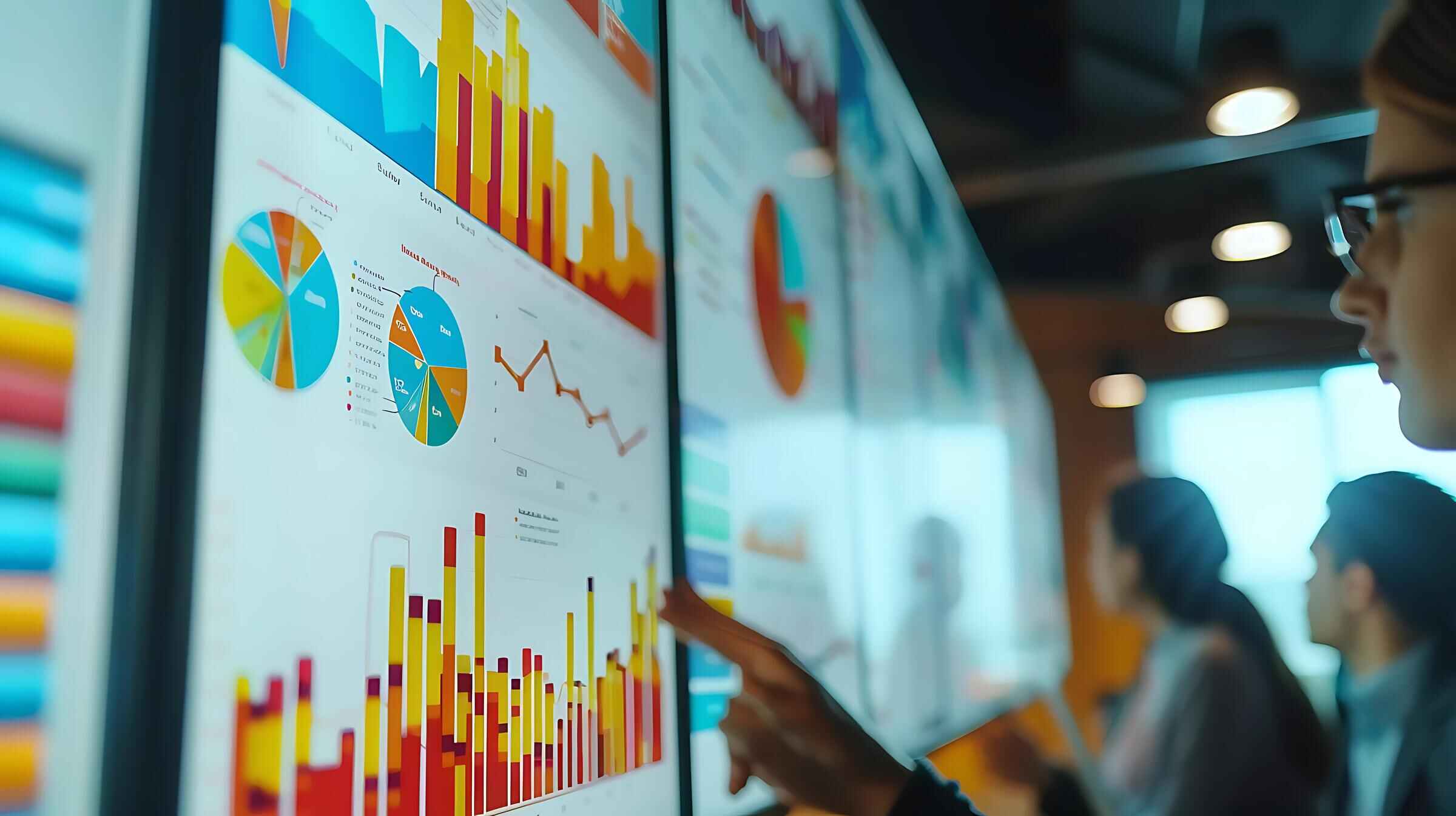
Different industries have different needs, choose the right Enterprise Resource Planning System means understanding the unique needs of your industry. A Custom ERP Solutions is essential to fit the requirements from different industry. Let’s take a look how to customise an ERP solutions for optimal performance, ensuring that every feature aligns with specific business objectives in Malaysia and Singapore.
Customisable Modules
Every industry has distinct requirements, which is why ERP systems offer customisable modules. Whether it’s CRM for retail, project management for construction, or compliance tracking for healthcare, customised ERP modules align better with industry demands, giving you the flexibility to scale effectively.
Scalability and Integration
Businesses evolve, and ERP systems must adapt. Scalable ERP solutions grow alongside your business, ensuring you don’t outgrow the system. Integration with existing software is also vital, allowing seamless data flow across departments for greater efficiency and visibility.
User-Friendly Interface
An ERP system is only as good as its ease of use. A user-friendly interface allows team members to navigate the system with minimal training, which is essential for quick adoption. This is particularly important for industries like retail and healthcare, where quick access to information is crucial.
Data Analytics and Reporting
ERP data analytics provide valuable insights into operational trends and performance metrics. Industry-specific analytics enable businesses to track KPIs, enhance decision-making, and optimise resource allocation based on live data—a major advantage for competitive markets in Malaysia.
Dedicated Support and Training
Implementing an ERP system is a big step, and ongoing support ensures its success. With Zoomo Tech’s industry-focused Custom ERP Solutions, businesses receive comprehensive training and support tailored to their needs, ensuring smoother adoption and higher ROI.
Conclusion
Choosing the right Enterprise Resource Planning System for your industry can make all the difference in simplifying processes, managing resources, and boosting growth. From manufacturing and retail to education and construction, a well-suited ERP brings value by centralising operations, enhancing data management, and improving overall efficiency in line with your unique business needs.
Whether you’re looking to simplify inventory, track projects, or manage customer relationships, Zoomo Tech is here to help you find the perfect ERP solution tailored to your industry. Our custom solutions are designed for Malaysian and Singaporean businesses, with industry-focused features and local support, ensuring your ERP journey is smooth, efficient, and rewarding. Have an idea in mind? Contact us today to bring your vision to life.

